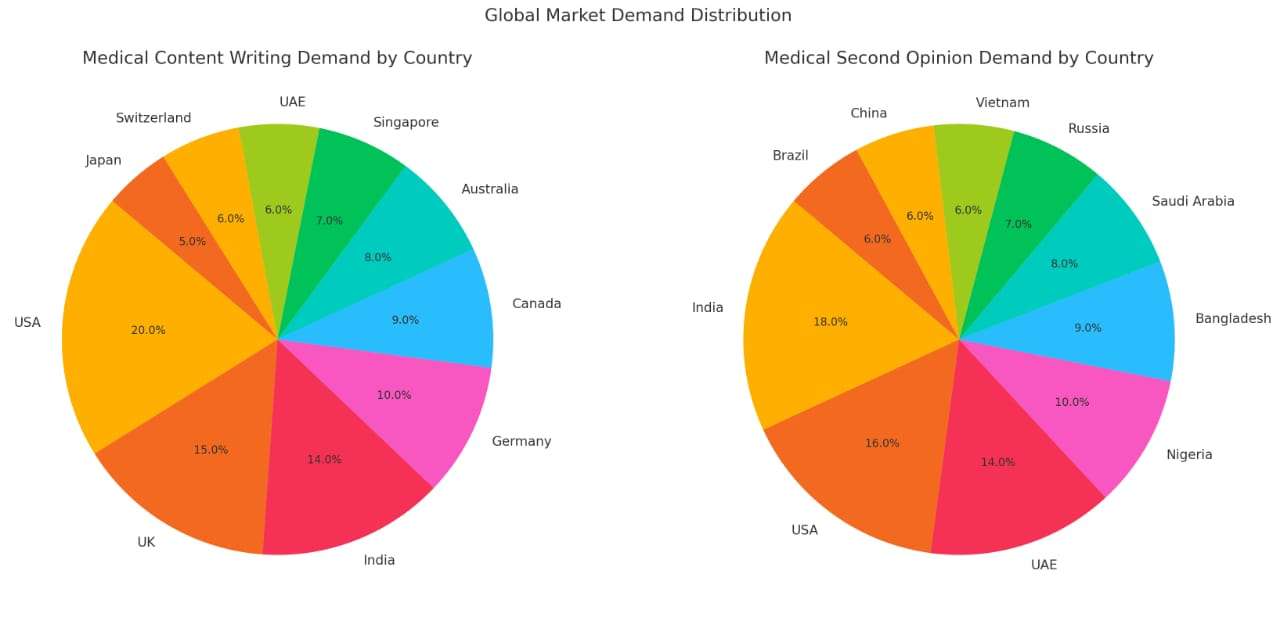Second Opinion on Medical Diseases & Diagnostic Tests
Second Opinion on Medical Diseases & Diagnostic Tests
CMT also helps upcoming youngsters (MBBS and early PGs and seasonal doctors) to gain knowledge about medical treatment and scientific innovations through the means of second opinion.
A second medical opinion involves consulting another healthcare professional or specialist to confirm or provide a different perspective on a diagnosis, treatment plan, or interpretation of diagnostic tests. This practice is common and increasingly encouraged in modern medicine, especially for complex, serious, or unclear conditions.


Importance of a Second Opinion
Seeking a second opinion can:
Confirm the diagnosis: Ensures that the condition has been accurately identified.
Explore alternative treatments: Other physicians may suggest less invasive or more effective treatments.
Avoid unnecessary procedures: Helps prevent surgeries or therapies that may not be required.
Provide peace of mind: Offers reassurance and reduces anxiety by confirming that the best decision is being made.
When to Seek a Second Opinion
Patients are advised to seek a second opinion when:
Diagnosed with serious or life-threatening diseases (e.g., cancer, neurological disorders, heart disease).
Advised to undergo major surgery or long-term treatment (e.g., chemotherapy, organ transplant).
Facing unclear, rare, or complex conditions with inconsistent symptoms.
The treatment seems too aggressive, or side effects are concerning.
The patient does not feel confident or understood by the initial provider.
Common Diseases Where Second Opinions Are Helpful
a) Cancer
- BIOPSY TEST
- TUMOR MARKERS LIKE PSA, CA-125 (OVARIAN CANCER), LIQUID BIOPSY and other MISCELLENOUS TESTS.
b) Cardiovascular Diseases
Conflicting interpretations of angiograms or EKGs can affect whether a patient needs stents, bypass surgery, or medication only.
c) Neurological Disorders
Conditions like multiple sclerosis, Parkinson’s, or epilepsy often have overlapping symptoms; accurate diagnosis is critical.
d) Autoimmune Diseases
Diseases such as lupus or rheumatoid arthritis require nuanced interpretation of lab tests and symptoms.
e) Orthopedic and Spine Conditions
Some doctors may recommend surgery for herniated discs or joint issues, while others may suggest physical therapy or conservative management.
Second Opinions for Diagnostic Tests
Diagnostic tests can often be misinterpreted or yield false positives/negatives. Second opinions are valuable for:
a) Imaging Tests
X-rays, MRIs, CT scans, PET scans: Radiologists may interpret results differently; one might spot a lesion or anomaly missed by another.
b) Blood Tests and Biopsies
Lab errors or differing thresholds for “normal” values can lead to different conclusions. For biopsies, a second pathologist’s interpretation can be vital.
c) Genetic Testing
With the rise of genomics, different labs may classify gene variants differently (e.g., “benign” vs “pathogenic”).
d) Cardiac Tests
- CARDIAC CT ANGIOGRAPHY (CCTA)
- CORONARY ARTERY CALCIUM TEST (CAC)
- FUNCTIONAL FLOW RESERVE (FFR) STUDY
- IVUS
- OCT (OPTICAL COHERENCE TOMOGRAPHY)
- HOMA – IR WORKS
How to Get a Second Opinion
Request records: Get all medical records, test results, and imaging studies from your current provider.
Find a specialist: Look for board-certified experts, preferably at a different institution or hospital.
Ask questions: Request clarity on diagnosis, test interpretations, treatment options, risks, and outcomes.
Use telemedicine: Many top hospitals offer online second opinions (e.g., Mayo Clinic, Cleveland Clinic).
Ethical and Legal Aspects
Patients have the legal right to seek a second opinion.
Doctors should not feel offended; many encourage it, especially in complicated cases.
Insurance plans may cover or even require second opinions before approving certain procedures.
Limitations and Considerations
Time sensitivity: Some conditions require rapid treatment, leaving little time for another opinion.
Cost: Not all insurers cover second opinions, especially from out-of-network specialists.
Overload of information: Conflicting opinions can be confusing rather than clarifying.
